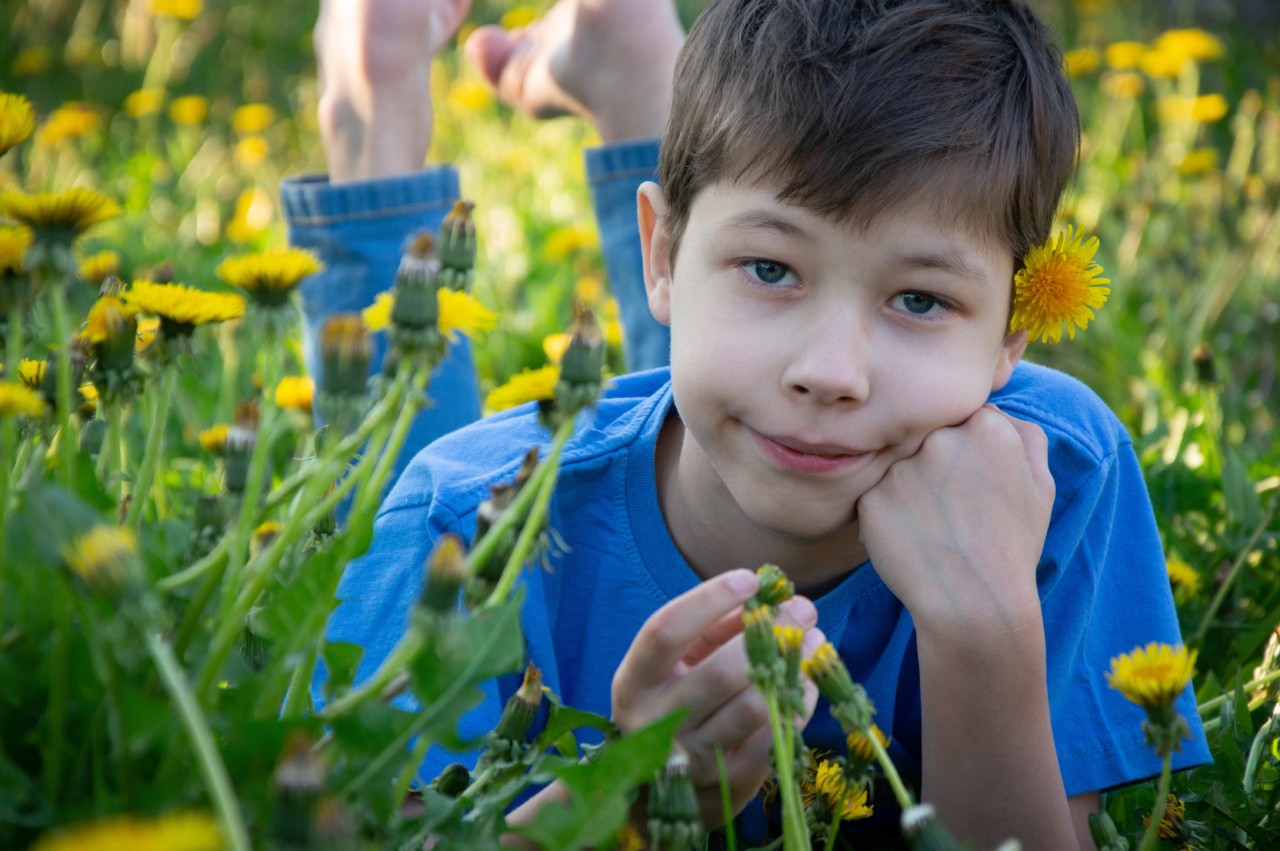Gastroenteritis is a common illness in children that causes inflammation of the stomach and intestines. It is typically caused by a viral or bacterial infection and can result in symptoms such as vomiting, diarrhea, abdominal pain, and fever.
While medication can be used to treat gastroenteritis, there are also several natural remedies that can help alleviate symptoms and promote healing. Here are 10 natural remedies for gastroenteritis in kids:.
1. Fluid Replacement
One of the primary concerns with gastroenteritis is dehydration due to fluid loss from vomiting and diarrhea.
To prevent dehydration, it is crucial to replace lost fluids by encouraging your child to drink small, frequent sips of clear liquids such as water, diluted apple juice, or an oral rehydration solution. Avoid giving sugary drinks or carbonated beverages as they can worsen diarrhea.
2. Probiotics
Probiotics are beneficial bacteria that can help restore the natural balance of the gut by inhibiting the growth of harmful bacteria. They are available in supplement form or can be found in certain foods such as yogurt or kefir.
Giving your child probiotics during gastroenteritis can help reduce the duration and severity of symptoms.
3. BRAT Diet
The BRAT diet stands for bananas, rice, applesauce, and toast. These bland, easily digestible foods can help soothe the stomach and provide necessary nutrients during bouts of gastroenteritis.
However, it is important to gradually reintroduce a balanced diet once your child’s appetite returns and symptoms subside.
4. Ginger
Ginger has long been used as a natural remedy for digestive ailments. It can help reduce nausea, vomiting, and stomach cramps associated with gastroenteritis. You can give your child ginger tea, ginger ale made with real ginger, or ginger candies.
However, consult with your child’s pediatrician before giving ginger to infants or children with certain medical conditions.
5. Peppermint
Peppermint is another herb that can help alleviate symptoms of gastroenteritis. Peppermint tea or peppermint oil diluted in water can help soothe stomach discomfort, reduce cramping, and relieve diarrhea.
However, keep in mind that peppermint may not be suitable for young children or those with certain health conditions, so consult a healthcare professional before using it.
6. Chamomile
Chamomile has anti-inflammatory properties that can help calm an inflamed gastrointestinal tract. Chamomile tea can be given to children with gastroenteritis to reduce abdominal pain, bloating, and cramps.
However, avoid chamomile if your child has allergies to plants in the daisy family.
7. Coconut Water
Coconut water is a natural drink that is rich in electrolytes such as potassium, magnesium, and sodium. It can help replenish lost fluids and prevent dehydration during episodes of gastroenteritis.
Make sure to choose natural, unsweetened coconut water without added preservatives or flavors.
8. Rest and Sleep
Rest is essential for the body to recover from any illness, including gastroenteritis. Encourage your child to get plenty of rest and sleep to aid the healing process and boost their immune system.
Avoid strenuous activities until your child fully recovers.
9. Warm Compress
If your child is experiencing abdominal pain or cramps, applying a warm compress to their stomach can provide relief. Soak a clean cloth in warm water, wring out excess water, and place it gently on the affected area.
The warmth can help relax the muscles and alleviate discomfort.
10. Good Hygiene Practices
To prevent the spread of gastroenteritis to other family members or prevent reinfection, it is crucial to practice good hygiene. Encourage frequent handwashing with soap and warm water, especially after using the bathroom or before eating.
Avoid sharing utensils, towels, or personal items with an affected child.
Conclusion
Gastroenteritis can be a distressing condition for children, but several natural remedies can help relieve symptoms and promote healing.
However, it is crucial to consult with your child’s healthcare provider before trying any natural remedies, especially if your child has underlying medical conditions or is taking other medications. Remember to monitor your child’s condition closely and seek medical attention if symptoms worsen or persist.






























